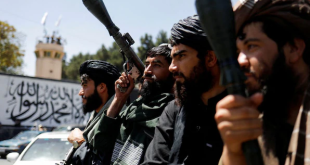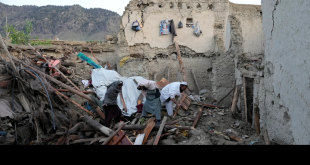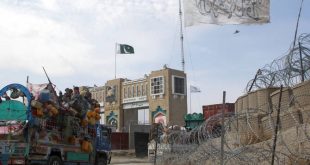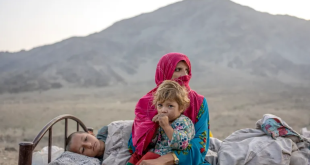Representatives of the nations that have been engaged in Afghanistan’s rebuilding came together in the Senior Officials Meeting (SOM) on Saturday. The objective of the meeting was to think over together how to get this war-wracked country out of the tunnel of troubles. Amidst a thickening cloud of political chaos, deteriorating security situation, dwindling national economy, the success of the meeting means too much for a country like ours. The next meeting of SOM is slated to be held in Belgian capital Brussels next year where the delegates will review the continued global aid to Afghanistan. Because of the deteriorating security situation, some 700,000 people remain displaced whereas Afghanistan ranks among the lowest globally in terms of development indicators. Its national currency “Afghani” has nosedived particularly in the past three months. Joblessness is soaring to record level. The graph of the government has also been facing a freefall. Terrorists from across the Muslim world have been flocking to the Afghan-Tajik border. In the past, northern areas used to be relatively somehow peaceful. But in the recent months, there has been a steadiest rise in the number of militants and their attacks. Media reported in June that around 1,500 terrorists have come together in the Afghan-Tajik border area. In southeastern provinces Haqqani Network has been increasing its presence while in Nangarhar is gradually becoming infested by Daesh. There has been reduction in international aid. And an end to the international forces’ combat mission. All these factors collectively paint a very much grim picture of the country. On top of that the incompetence of the government to successfully address the challenges on domestic and international fronts is alarming than all the factors. The problem is not that the government doesn’t enjoy public support rather the government itself is the problem. Perhaps it has lost the capacity of making corrections and improving. Its needle looks stuck just on one point—disagreement. First the vote count and poll rigging allegations and then the cabinet formation crisis. Now the electoral reforms issue. And currently the most potentially dangerous is the silence of the government over the issue of “Afghan and Islam” in the electronic ID cards. Endemic corruption, the plunder of natural resources and low literacy are some of the other challenges that also need the government’s attention. Though, President Ashraf Ghani recently announced jihad on corruption but the nation is desperately waiting to see this jihad successful. Ghani assured the donor nations of a corruption-free administration. And it is here he will have to adopt zero tolerance for corruption. Ghani also vowed on Saturday result-oriented structural reforms for economic growth. He is well-aware which areas need reforms. But the problem is the lack of implementation of the designs. After becoming the president, he stormed headlines for resuming a furious probe into Kabul Bank scam, which unnerved those involved in the millions of dollars corruption, however later millions of dollars corruption was reported in the contracts of the Defense Ministry, but where is that fury?
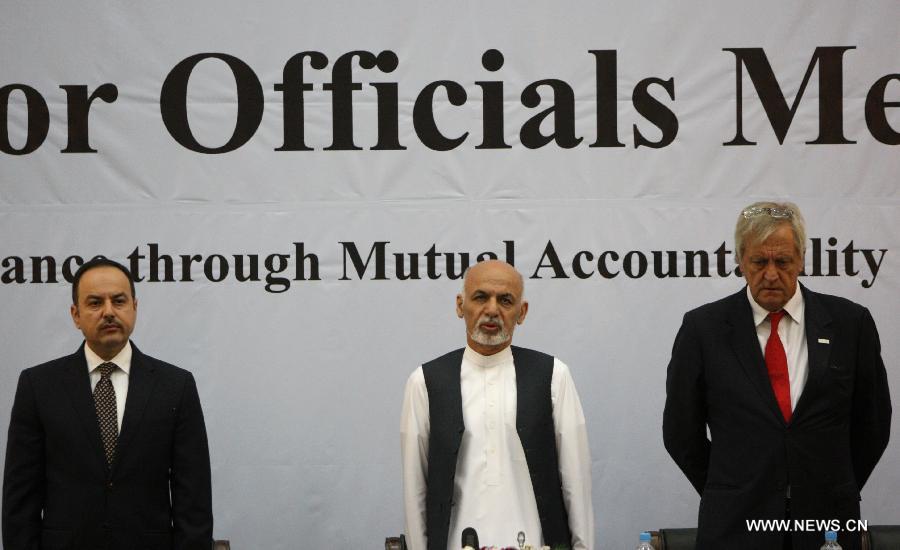
 Afghanistan Times
Afghanistan Times
